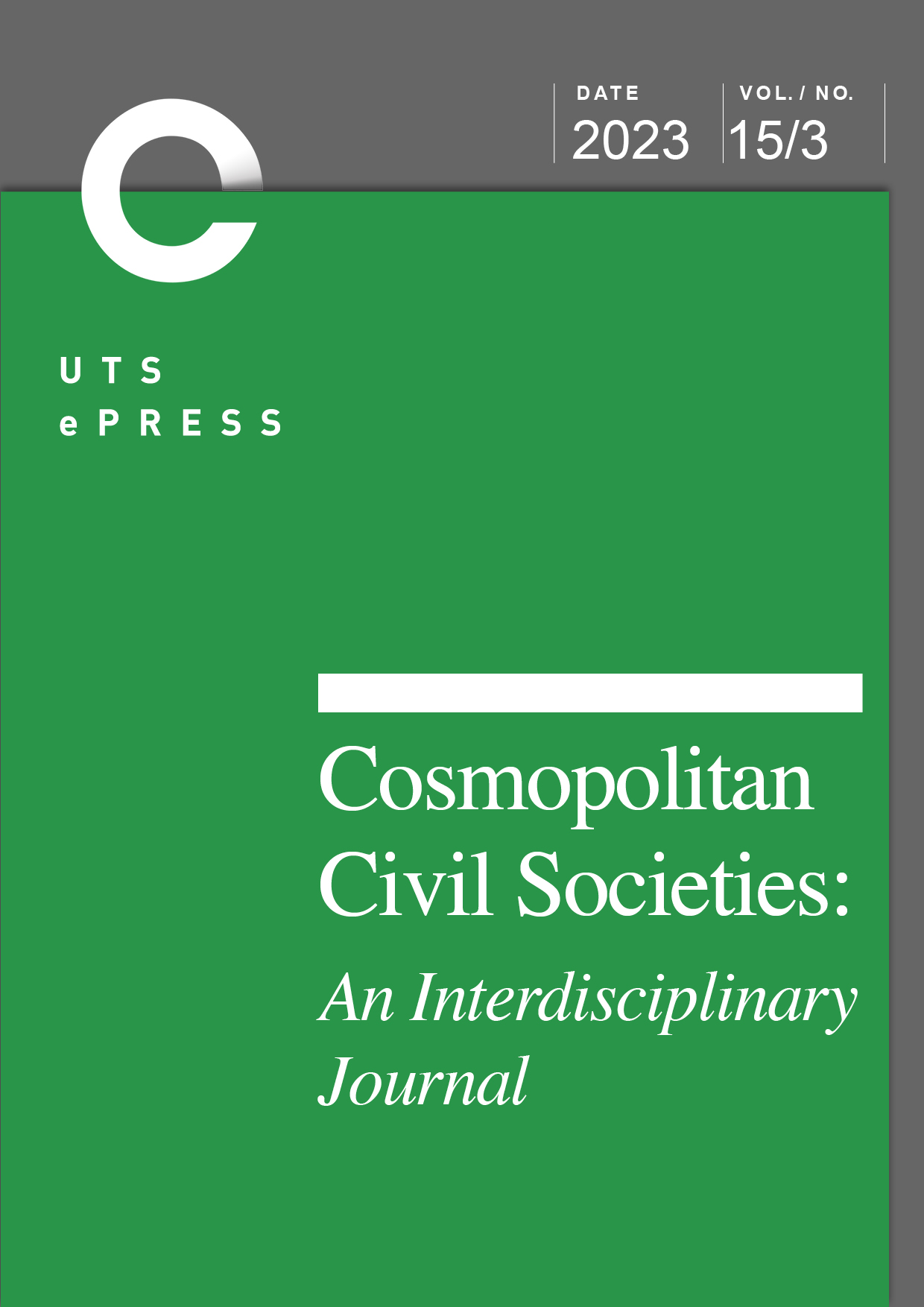Rural Women’s Response to Climate Change: An Exploratory Study of Women’s Grassroot Network in Odisha
Main Article Content
Abstract
The emergence of Feminist Political Ecological (FPE) position allows to rethink about social institutions like Self Help Groups (SHGs) as foundations for building green movements through everyday practice. The collective voice that has helped them emerge economically self-sufficient is reflected in their decision making, when the larger cause of climate change or environmental decision-making are involved. It is time that their actions permeating the ecology and environment gains credence and such coalitions provide ground as movements for achieving the larger collective agenda.
Idea of SHGs as social capital helped the marginalized women create different ‘gendered subjectivities’ and endowed them with a collective voice, be it conservation of their own ecological settings or confronting the social system. The case of Climate Credit Pilot Project and/or conservation of indigenous seed varieties in remote villages of Odisha bear testimony to women’s consciousness regarding climate mitigation initiatives and the meaningful actions associated with environmental justice. Such interventions show that the embedment of economic, social and cultural values of SHG groups align with their instinct for attaining a larger goal of environment protection through household and community level actions.
The gendered subjectivities including increased social consciousness among women, better access to new information, up-skilling has made them better and enlightened decision makers. The practice of joint or consensual action by SHG collectives enable them to address multi-scalar issues like climate change. However, the broader agenda of social and economic empowerment has to align with their decision making power relating to their immediate ecology and environment. In this context, the proposed study will probe emerging social consciousness of women on climate change issues, while examining their larger environmental responsibility in local situation, wherein the women remain at the receiving end. This is a field-based exploratory study of women from subsistence and indigenous communities of three districts in Odisha which interrogates the role of SHGs in creating a social space for women to engage with the question of environmental decision making. The study intends to analyse the field data in relation to environmental rights, responsibilities and knowledge of rural and Adivasi women within the institution of SHGs. It aims to formulate the concept, i.e., can SHGs be seen as co-linear spaces which needs to be strengthened as bearers of green movements at the local level as a response to the climate crisis.
Article Details
Section
Authors who submit articles to this journal from 31st March 2014 for publication, agree to the following terms:
a) Authors retain copyright and grant the journal right of first publication with the work simultaneously licensed under a Creative Commons Attribution License that allows others to share and adapt the work with an acknowledgement of the work's authorship and initial publication in this journal.
b) Authors are able to enter into separate, additional contractual arrangements for the non-exclusive distribution of the journal's published version of the work (e.g., post it to an institutional repository or publish it in a book), with an acknowledgement of its initial publication in this journal.
c) Authors are permitted and encouraged to post their work online (e.g., in institutional repositories or on their website) prior to and during the submission process, as it can lead to productive exchanges, as well as earlier and greater citation of published work (See The Open Access Citation Advantage Service). Where authors include such a work in an institutional repository or on their website (ie. a copy of a work which has been published in a UTS ePRESS journal, or a pre-print or post-print version of that work), we request that they include a statement that acknowledges the UTS ePRESS publication including the name of the journal, the volume number and a web-link to the journal item.
d) Authors should be aware that the Creative Commons Attribution (CC-BY) License permits readers to share (copy and redistribute the work in any medium or format) and adapt (remix, transform, and build upon the work) for any purpose, even commercially, provided they also give appropriate credit to the work, provide a link to the license, and indicate if changes were made. They may do these things in any reasonable manner, but not in any way that suggests you or your publisher endorses their use.
For Volume 5 No 3 (2013) and before, the following copyright applied:
Authors submitting articles to UTSePress publications agree to assign a limited license to UTSePress if and when the manuscript is accepted for publication. This license allows UTSePress to publish a manuscript in a given issue. Articles published by UTSePress are protected by copyright which is retained by the authors who assert their moral rights. Authors control translation and reproduction rights to their works published by UTSePress. UTSePress publications are copyright and all rights are reserved worldwide. Downloads of specific portions of them are permitted for personal use only, not for commercial use or resale. Permissions to reprint or use any materials should be directed to UTSePress.
